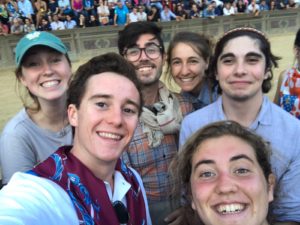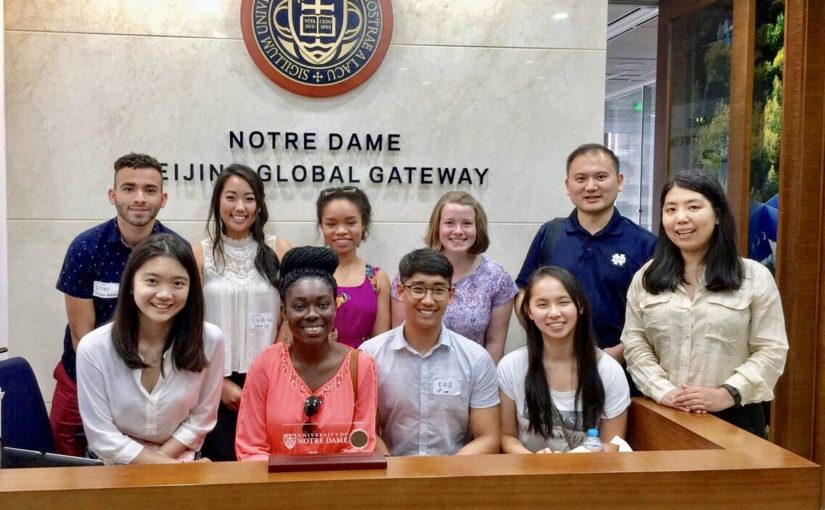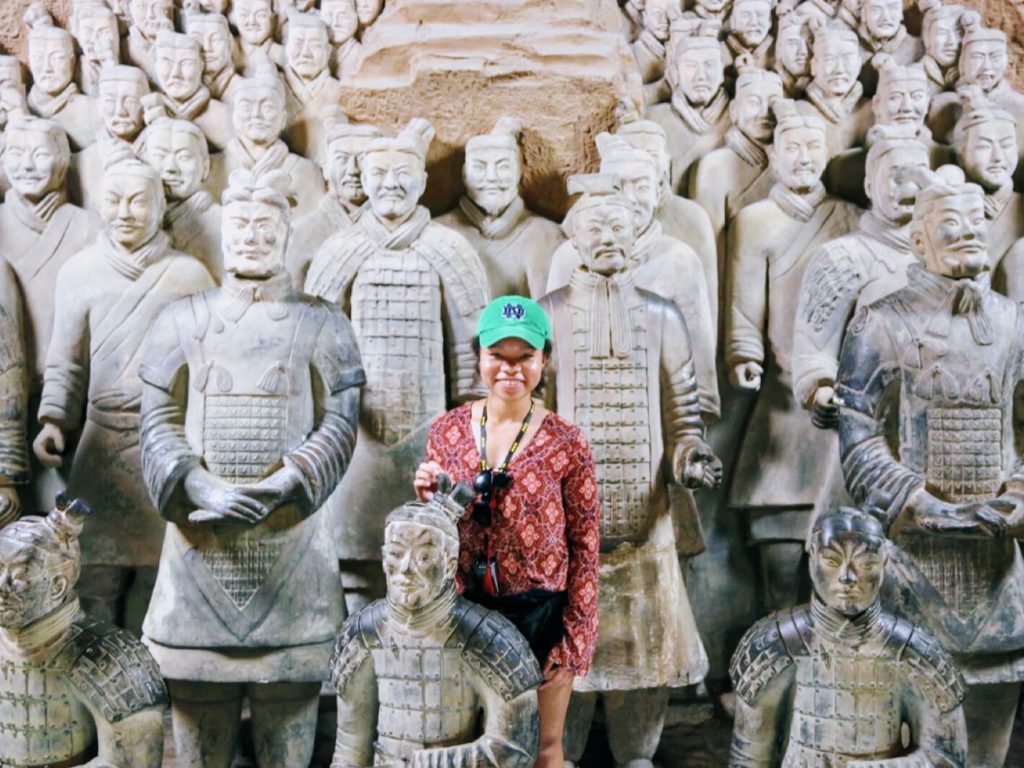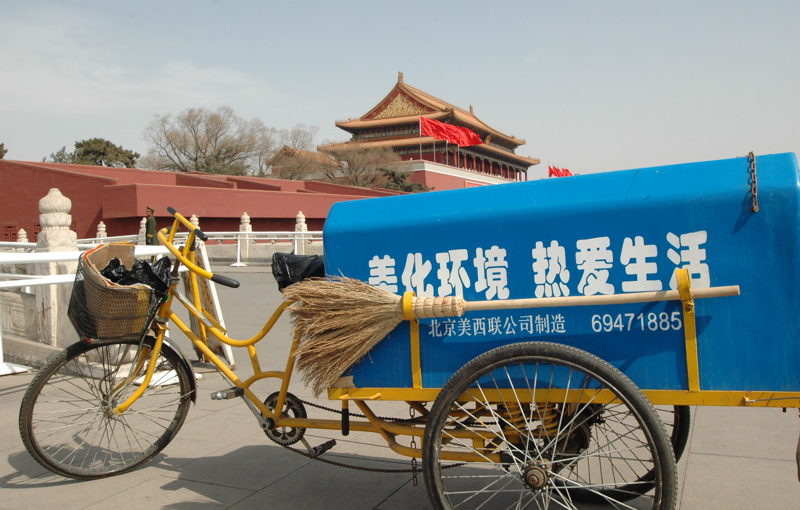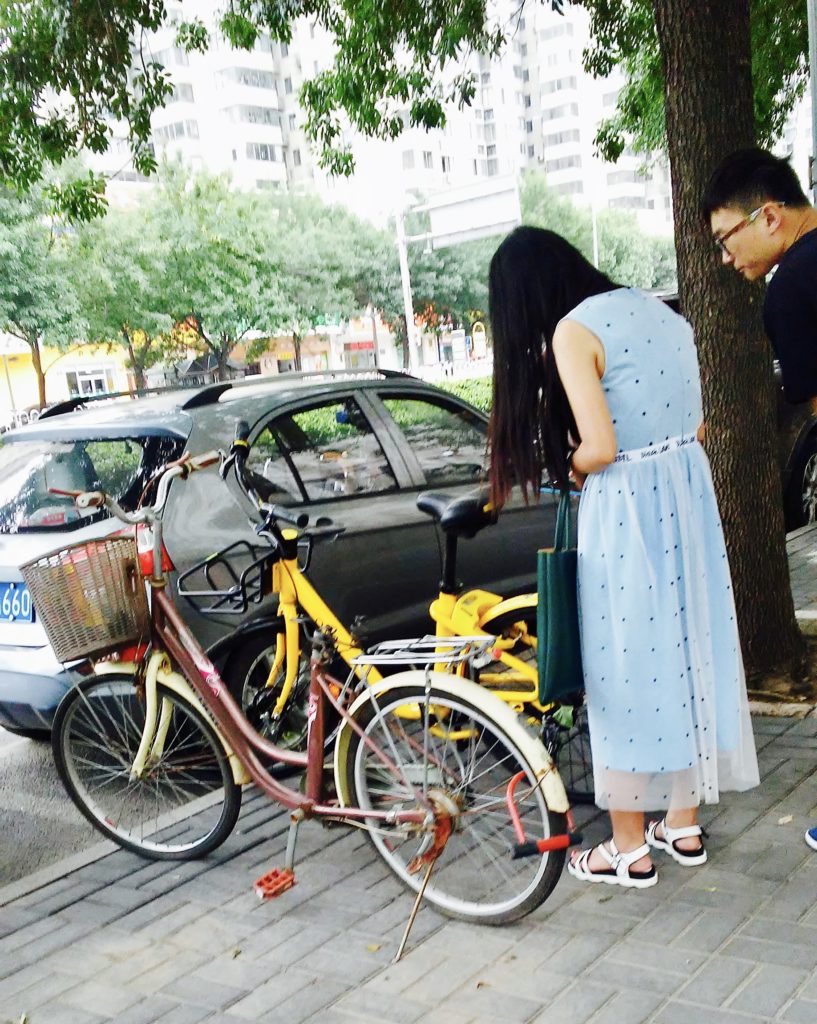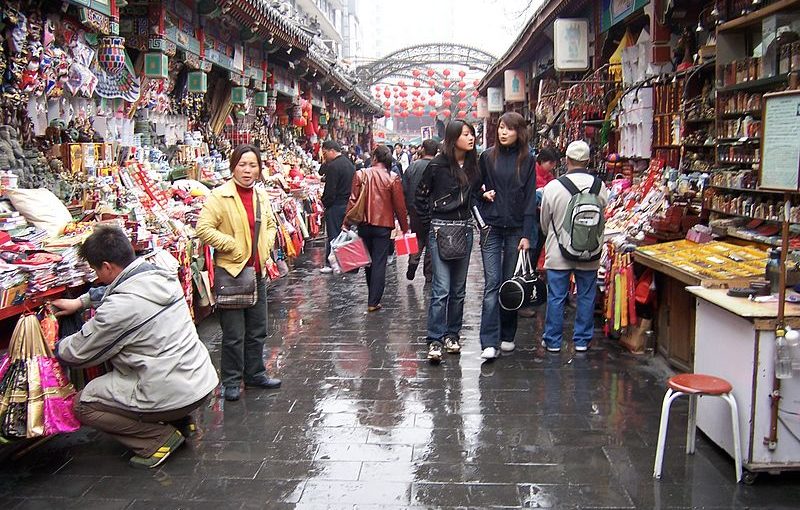Reflect on your language learning and acculturation during your SLA Grant experience.
Before I came to Siena I was able to live in Rome for 5 weeks. Everybody, except my neighbor, refused to speak to me in anything other than English since they all knew English, and my Italian wasn’t up to par, not to mention my accent. I spoke with Pino, the very old carpenter a couple of times, but one time I apologized that my Italian was so bad but that I was learning, and he replied “I know.” I knew my goals coming into the program were lofty, but they helped me set the right intention for learning. Instead of hanging out with American students, I tried to spend time with my host family. In the beginning I was so exhausted from constantly readying myself to respond in Italian, even when relaxing at home, trying to think in Italian, and going to class all day. Eventually I was able to build up the endurance to casually watch Italian TV shows, even if they were mostly kid shows, as well as follow the dinner conversation without zoning out at the table. In the beginning I was relegated to the kids table having no social worth with my comprehension and speaking skills at the level they were. But by the end, I loved meeting people and having conversations about who they were and what they did (I even met the top gelato salesmen in Indonesia). When I returned to Rome, I went to dinner at a place I had been once before, but this time I ordered and had a conversation in Italian with the waiter who was very excited I could actually speak Italian.
Reflect on your SLA Grant experience overall.
Thanks to the SLA Grant it feels like I have gone 0 to 100 with language ability and understanding of Italian culture. What I found most fascinating, however, is that my worldview didn’t change as much from being in Italy and learning Italian culture for myself as it did from observing how my non American classmates interacted with life in Italy. It was incredible to watch so many people experience Italy through their own lens, and in the process different parts of Italian culture were highlighted for me as well as parts of my classmates cultures. Everyday I was so thankful to have the ability to take the fantastic classes and live with a wonderful host family. I did get a little tired of Italy when I had a virus the final week, and my host family gave me pizza for medicine, but when I returned home I immediately missed Italy.
How do you plan to use your language and intercultural competences in the future?
I am grateful for this experience as next semester I am heading to Bologna Italy where I will be lining with other Italian students and taking all of my classes in Italian. Without this experience I would be much more unprepared and nervous for Bologna. This semester I am taking two classes about Italian literature in Italian. I am majoring in medieval studies but concentrating on the Mediterranean area and specifically Italy. I hope to continue I the field, with my ability to speak Italian majorly supporting my career trek. Post graduation I plan on living and working in Italy.
